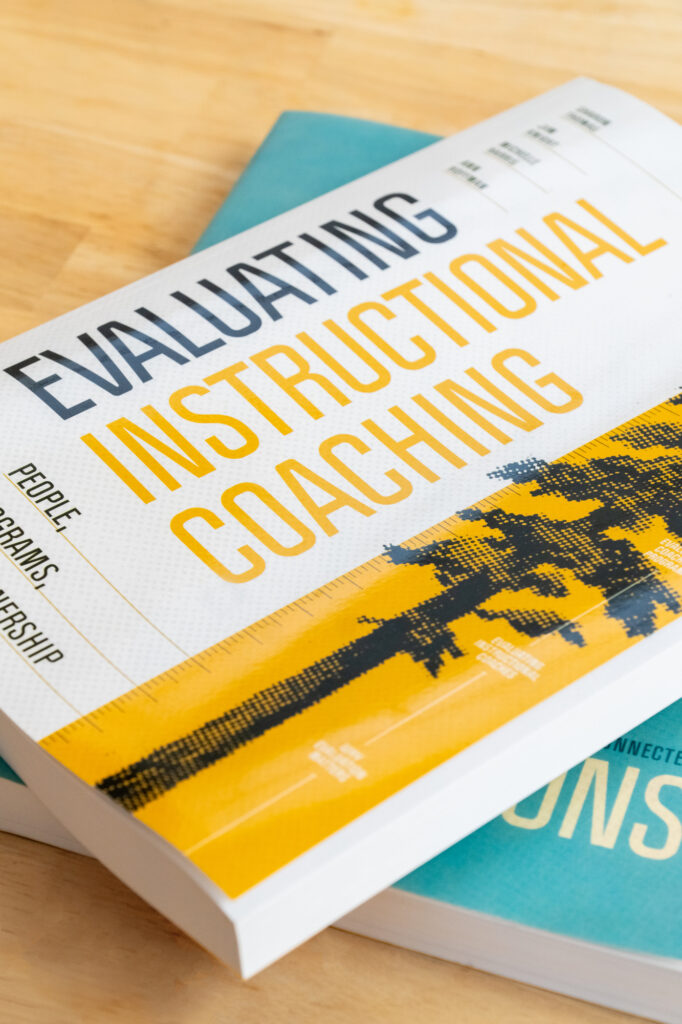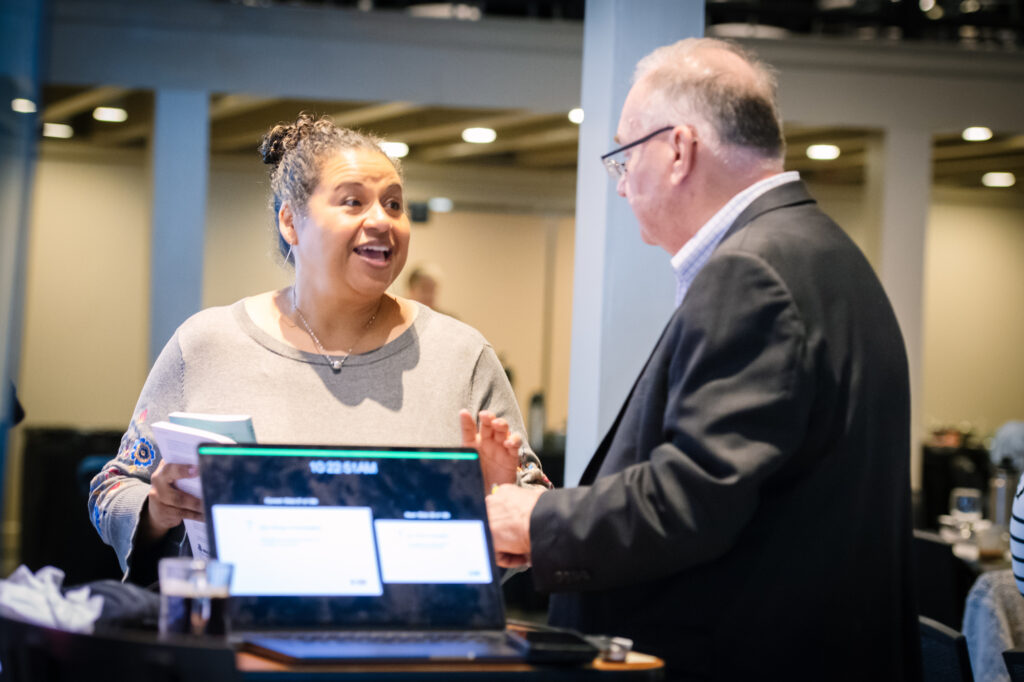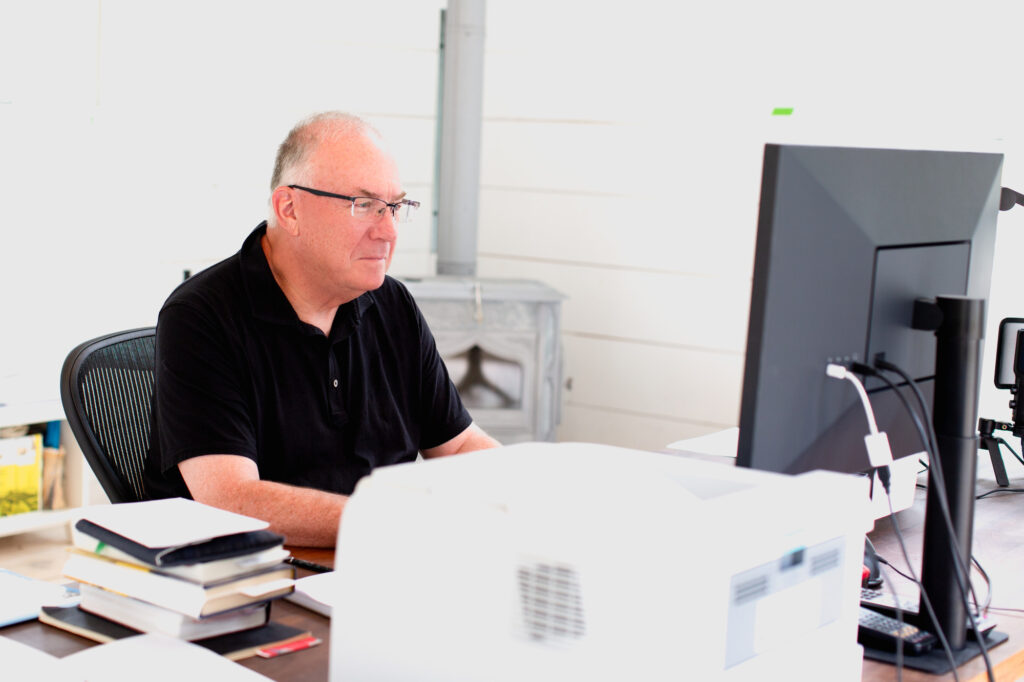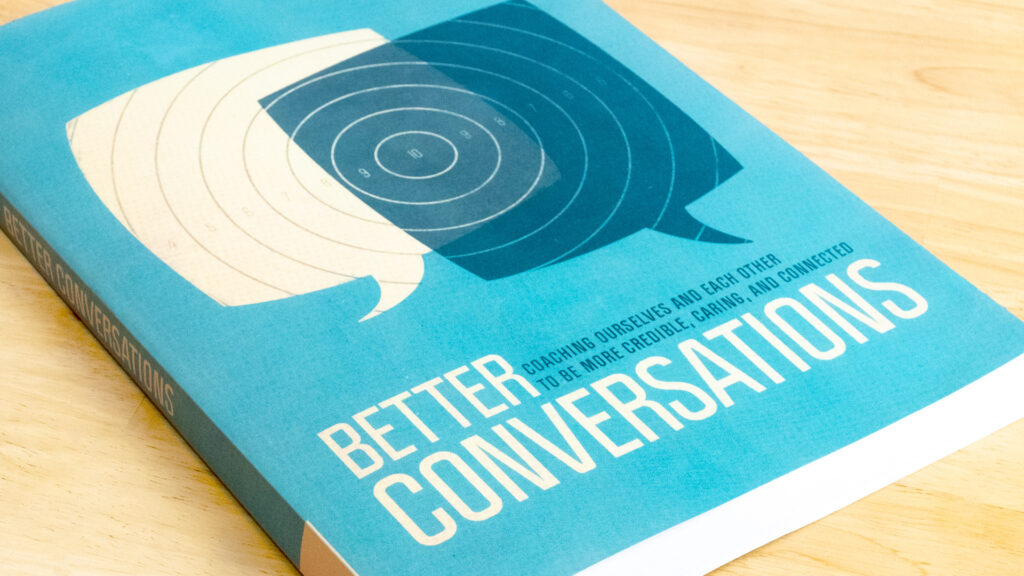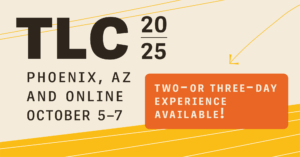For Steve Jobs, Think Different was more than just an incredibly successful marketing campaign. According to Carmine Gallo, “think different” was an essential part of Jobs’ creativity. Many radical learners embrace the “think different” goal, so it should not be surprising to hear it was the fictional radical learner, John Keating–played by Robin Williams in Dead Poet Society–that inspired Rob Siltanen when he wrote the original copy of the Think Different campaign. In a fascinating column for Forbes magazine, Siltanen explains how Dead Poet Society influenced his initial copy.
The emotion and the context of the movie [Dead Poet Society] very much related to what I wanted to capture for Apple. Below are some key passages from “Dead Poets” that resonated with me and ultimately served as inspiration for the Apple script.
“We must constantly look at things in a different way. Just when you think you know something, you must look at it in a different way. Even though it may seem silly or wrong, you must try. Dare to strike out and find new ground.”
“Despite what anyone might tell you, words and ideas can change the world.”
“We don’t read and write poetry because it’s cute. We read and write poetry because we are members of the human race. And the human race is filled with passion. Poetry, beauty, love, romance. These are what we stay alive for. The powerful play goes on and you may contribute a verse. What will your verse be?”
How, then, can teachers “think different”? Steve Jobs, as described by Carmine Gallo in The Innovation Secrets of Steve Jobs, offers some advice
Explore
To see things differently, we need to see more things. Jobs consciously put himself in different experiences, traveling to exotic locations, learning about topics that had very little to do with his work, and surrounding himself with creative people from a wide-range of fields: artists, musicians, architects, and poets. Neuroscientist Gregory Berns, cited in The Innovation Secrets of Steve Jobs, explains why exploring is vitally important:
Breakthroughs come from a perceptual system that is confronted with something that it doesn’t know how to interpret. Unfamiliarity forces the brain to discard its usual categories of perception and create new ones.
Exploration doesn’t require a passport. We can see differently by exploring all kinds of new experiences–going to opera if we’ve never listened to classical music, going to the Grand Ole’ Opry if we listen to Mozart more than we listen to Merle. We can explore new books, new fields of endeavor, new magazines or communities of learners.
Experiment
“Successful innovators,” Gallo writes, “engage in ‘active’ experimentation, whether it’s intellectual exploration, physical tinkering, or seeking new surroundings.” The classroom is a perfect place to “think different” because each new day, new semester, new year is an opportunity to be better. To trot out the same lessons year after year is a recipe for personal boredom. We need to be learners if we want our students to be learners, and some of the most exciting new ideas in education today, (like the Flipped Classroom or Khan Academy) are the result of innovative thinkers experimenting to find better ways for children to learn.
Network
Gallo writes, “Steve Jobs does not attend many conferences, but he connects with others outside of technology to widen his perspective.” Part of Jobs’ ability to think different came from his pursuit of people outside his field. Educators can also learn from networks. They can participate in conferences (such as Learning Forward), nings (such as The Big Four Ning), or other online groups (such as the educoach virtual learning community) and learn from their colleagues in their school or district. Like Jobs, they can also look outside traditional networks. They can contact the thinkers who most interest them and see if they’ll agree to interviews. They can also learn a lot by talking with the professionals and accomplished workers in their community. The local orthodontist or hair stylist could teach us a lot about learning if we listen for what they have to offer.
Observe
“Innovators,” Gallo writes, “watch people carefully.” Certainly these observations can occur in schools, and an enormous amount can be learned by watching other teachers in the classrooms or online on sites like the Teaching Channel. We can also learn a great deal by watching our own teaching by video recording the class and watching our own lessons. Some observations can also take place outside the school.
The world is full of learning opportunities. Just in the past week I watched someone get coaching at the Apple Store, watched my Mom learn how to use an iPad, and I tried to master Evernote watching Youtube videos.
Learning surrounds us everyday, and by watching we can learn a lot about how to increase our students’ learning.
One thing remains constant at the heart of Jobs’ creative work and the creative work of teaching: The restlessness of the curious mind.
Innovation may involve some secrets, but more than anything else it is the desire to know and do more. For teachers, this creative work makes our work so much more interesting, and it can mean the world for students.







